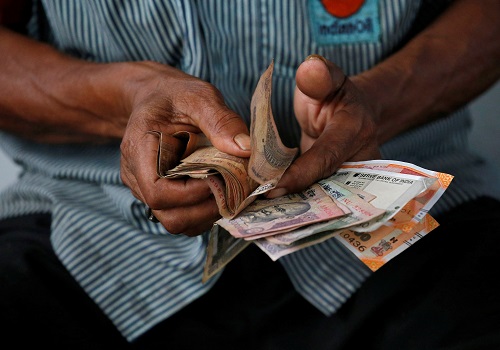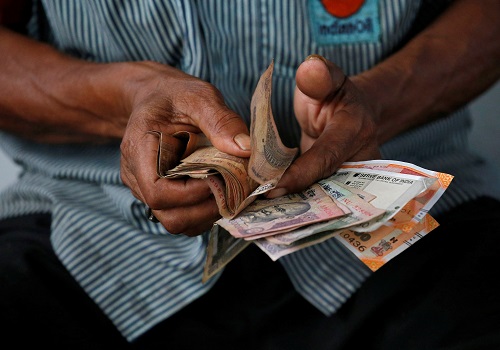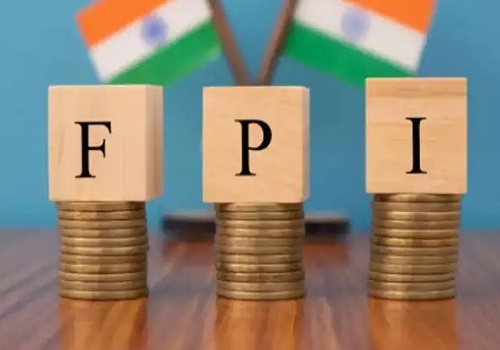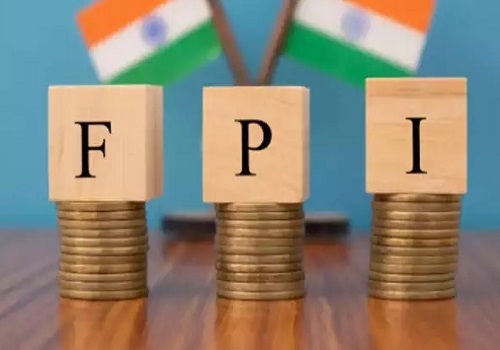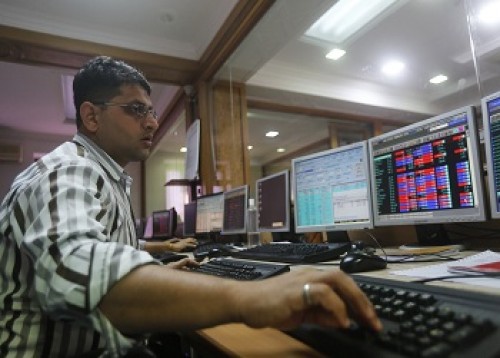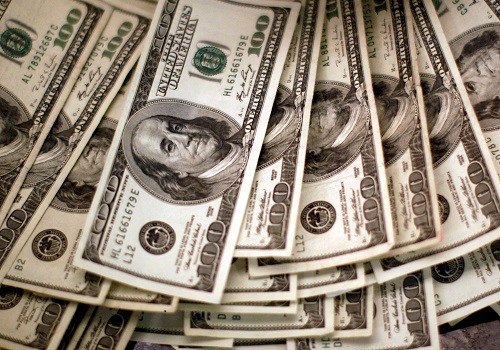FPI buying in Indian shares falls in first half of August
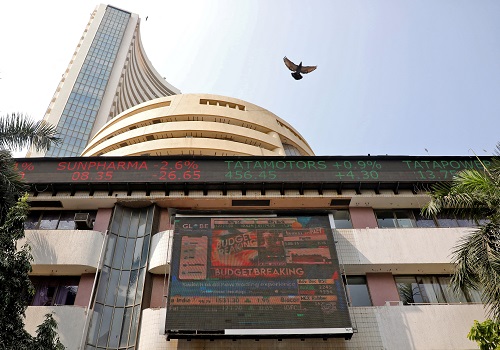
Follow us Now on Telegram ! Get daily 10 - 12 important updates on Business, Finance and Investment. Join our Telegram Channel
Foreign portfolio investors' (FPIs) purchases of Indian shares fell to a five-month low in the first half of August, amid declines in domestic and global equities due to rising interest rate concerns in the U.S. and worries over China's economy.
FPIs bought shares worth 7.37 billion rupees on a net basis in the first half of August, data from the National Securities Depository Ltd (NSDL) showed on Monday.
On a monthly basis, this is the lowest inflow since FPIs turned buyers in March. They had last net sold shares worth 52.94 billion rupees in February.
"This was bound to happen," said Pramod Gubbi, founder of Marcellus Investment Managers.
"The latest inflation print in the U.S. and Federal Reserve minutes reversed the belief that we are pretty much at the peak of the interest rate cycle. That seems to put on hold further inflows from coming."
In the March-July period, FPIs bought Indian shares worth 1,553.08 billion rupees and triggering a 14.15% rise in Nifty 50 index. In contrast, the blue-chip fell 1.62% in the first half of August.
FPI BUYING STREAK IN FINANCIALS COMES TO AN END
FPIs turned net sellers in financial services in the first half of August, offloading 28.21 billion rupees, after buying shares worth 555.79 billion rupees over the last four months.
"Whatever happens to the benchmark happens to financials, however there are also concerns around margins peaking out," said Gubbi.
The Nifty Financial Services index rose 13.08% between March and July, before sliding 3.39% in the first half of August.
"The outperformance by financials was pretty stark over the last few months, which warrants the kind of consolidation in the sector," said Mayuresh Joshi, head - equity research at William O'Neil India.
The Reserve Bank of India's measures to mop-up excess liquidity could weigh on earnings in the sector in the near term, Joshi added.












 320-x-100_uti_gold.jpg" alt="Advertisement">
320-x-100_uti_gold.jpg" alt="Advertisement">

